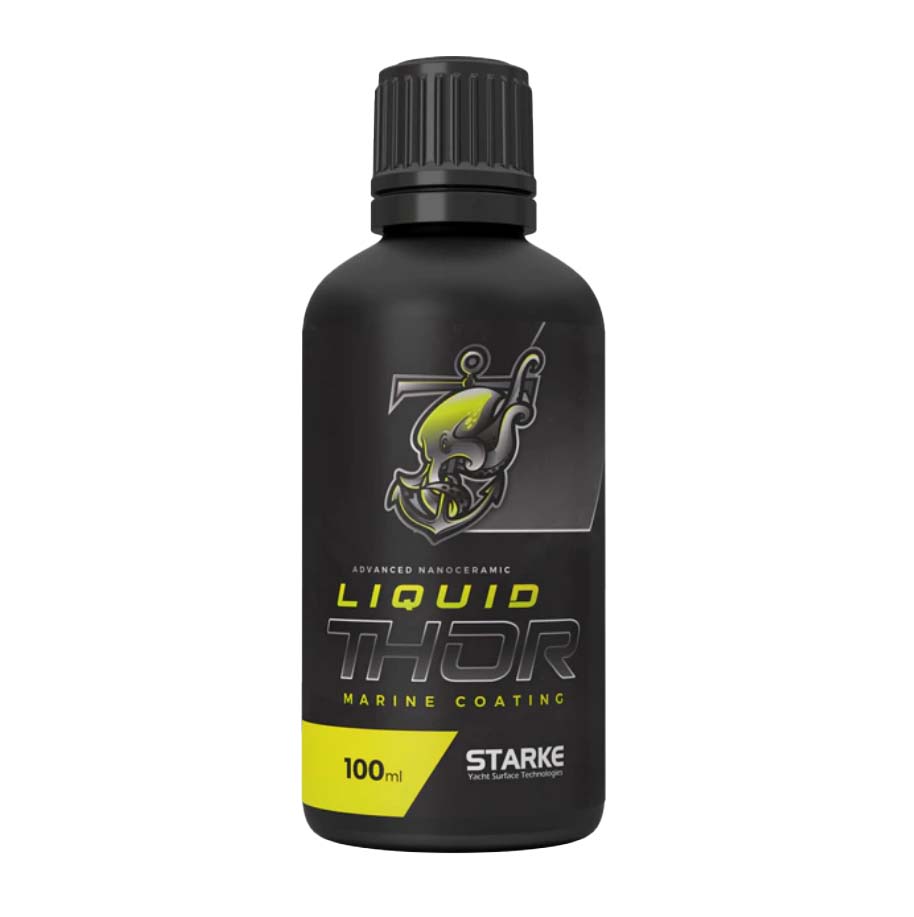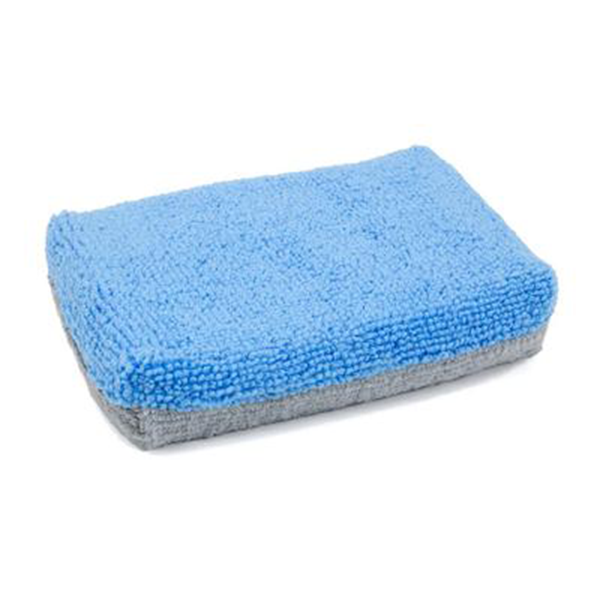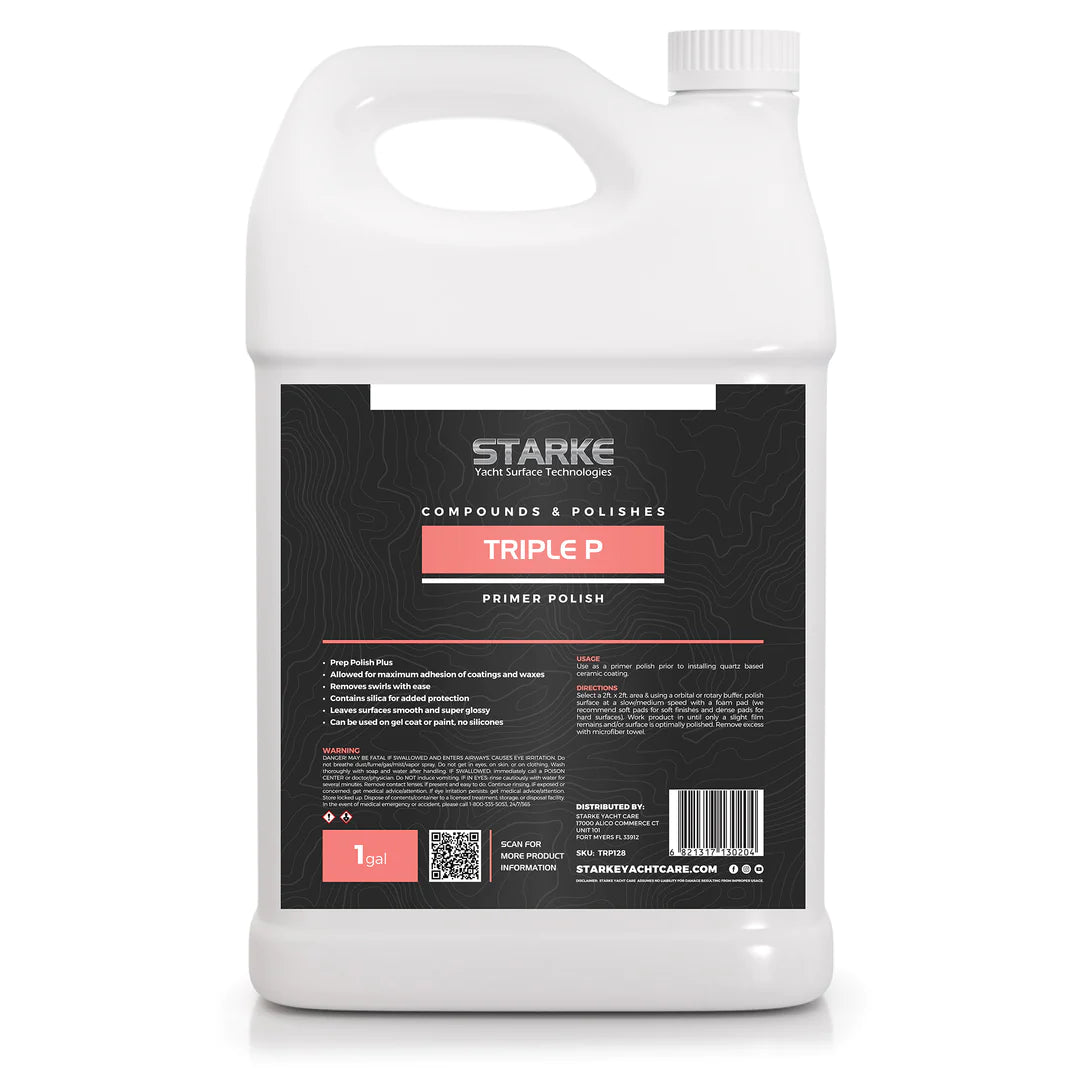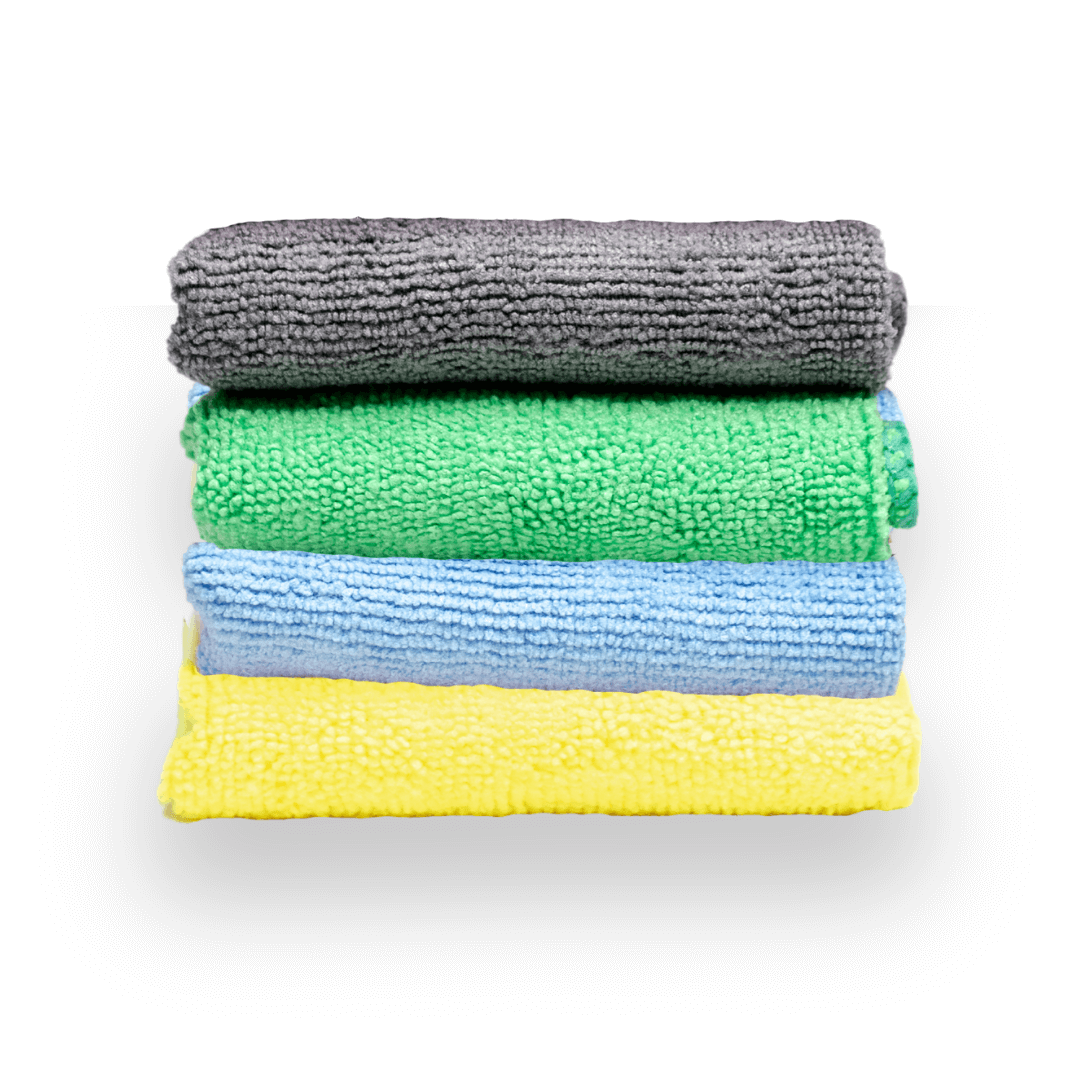Dock Talk with Cameron Rhodes - Capt. Jay Weaver
Sportfish Outfitters Dock Talk - A new series of articles sharing the perspective of both top captains and Sportfish Outfitters founder Eric Brush as seen through the eyes of industry creator Cameron Rhodes.

I’ve carved out my own role in the industry and spent close to a decade photographing and sharing the stories of sportfishing professionals. So, when Eric Brush, the founder of Sportfish Outfitters, reached out about working together, I jumped at the opportunity to talk shop with some of the industry’s best. Let me start off by being completely honest with you. You wouldn’t want me to do anything on your boat without supervision. When it comes to maintenance or clean-up, it’s often wise to just hand me a chamois. That said, I feel I can offer an objective perspective to the crowd. - Cameron
———-
Boat Maintenance and Young Mates with Capt. Jay Weaver
Fresh out the gate, I immediately turned to Capt. Jay Weaver, one of South Carolina’s finest offshore competitors. Weaver, who runs Blue Sky, a 60-ft Spencer owned by Greg Smith, led his crew to win the South Carolina Governor’s Cup Billfishing Series last year.

Weaver and I have gotten to know each other pretty well. After working on several articles together, he now expects my regular requests for him to emerge from his comfort zone. But in this conversation, we covered a topic that fits well within the seasoned captain’s wheelhouse – boat maintenance.
Is maintaining a sportfishing boat as grueling as it seems?
Jay: I actually really enjoy the upkeep. I think it’s the easier part of the job. You just have to stay on top of it. It’s way easier to keep a clean boat looking good than it is to bring a boat back from being neglected. I take great pride in running the boat and protecting my boss’ assets.
Eric: As a captain myself with 25 years under my belt I realize what it takes. Some days are easy and some days just flat out suck! I started all of this to hopefully make it a little easier on everyone.
What are some of your go-to products for maintaining a boat?
Jay: My mate, Donnie Todd, and I stick to some tried-and-true basics. We use a mix of products, some of which are things you can find at any grocery store, like Dawn for the engine room and Clorox wipes for the bathroom. Anything that is marine specific, they usually have at Sportfish Outfitters, so we can stock up when needed - stuff like 210 plastic polish for the interior, Starke liquid Thor ceramic coating and materials for prep, teak maintenance products like Ditec Triton, spot zero and water maker filters, etc.
Eric: Couldn’t agree more. Simple is better. The fewer different products on the boat the better, and also less margin for error of using the wrong product somewhere. We are always looking for “best of” products that are the best for the job and everyone has their own idea of what works best. When it comes to exterior, I will say there are some great products out there today that are specifically designed for each task.
Do you still do your own oil changes? If so, what are some of your must haves before you get your hands dirty?
Jay: Yeah, we still do them ourselves. Other than a strap wrench and a real big channel lock in case a filter wasn’t lubed properly or gets stuck, the only other major thing that comes to mind is pretty simple actually. I use a flat rubber bucket which is wide at the top and malleable so that I can slide it right under the engine. It’s not fancy, but it’s honestly been the easiest and best thing for oil changes.
Eric: I love all the simple tips and tricks that everyone has and it’s great to see guys doing oil changes themselves. If a captain doesn't know how to, they should learn. It’s a great time to get a look around the engine room for leaks or issues. If a program is too busy, without a mate, or if they are only managing a boat, then there are circumstances where oil changes are subbed to a mechanic. Also, it’s a good opportunity to develop a relationship with a mechanic and give them a little gravy work instead of just calling them for all the difficult stuff. Everyone has their own perspective on this.
Is there anything for maintaining the boat that you’ve had a hard time finding recently?
Jay: We’ve been hoarding the chamois we do have since they’ve been more difficult to find in the material we like. We take good care of the ones we have so that they’ll last. We keep them in a clean place and rinse them out real good. We also soak them in laundry detergent and water and then store them with some kind of cover so they don’t soak up dirt and fumes right out of the air. I’m not sure what we’ll do next when we really need new ones.
Eric: Oh boy this is a hot topic. The original TD mop material we have sold literally thousands of is no longer available. At least for now. The new TD material has mixed reviews. There are a few other options that we have that are worth trying. And then there’s the old absorber material that’s been around forever. Some guys love it and some guys hate it. Yot Stik makes a mop with that material that a lot of guys love now. I think that will be the future. At least for now.
On the topic of learning to become a sportfish mate

Let’s say you’re crazy enough to hire me as a mate, what would I do the first day on the job?
Jay: First day for any mate working with me – you’re cleaning the bilge and lazarette. That will tell me everything I need to know!”
Eric: Oh man I could go on about this for days. My job is to focus on products for the maintenance of sportfish and center console boats, not the fishing stuff. So when a mate wants to jump on a boat only to fish and not do maintenance, I can already see how that’s gonna go. If you can’t take care of your tools, you shouldn’t be a mechanic. That’s how I feel about a boat as it relates to fishing. You can’t win all the tournaments and be Instagram famous without keeping your rig tight.
As the social media manager for a tournament series, it’s not unusual for me to field messages from young hopefuls interested in being sportfishing mates. Every captain I know shares the desire to help support and educate the next generation of offshore professionals. Having never worked as a mate myself, I often turn them to captains like yourself for guidance. As an ole’ pro, what tips do you have for eager young bloods?
Jay: The reality of what it takes to make it in the industry isn’t always as sexy as it looks. You need to figure out if you’re looking for a cool summer job or a career. There are plenty of boats that need seasonal help, so there’s a market for people looking to see some cool stuff and get T-shirts to show their friends. If you want to get into the industry and make a career out of it, you have to be fully committed. There’s nothing nine to five about it. You will have to endure a long period of your life where your schedule and free time is completely controlled by someone else and that schedule is subject to change at any given moment without any consultation or complaint.
Eric: Great words here from Jay. The key is commitment and taking it seriously. It’s not summer camp, it’s a job, and it takes a hell of a lot to be good at it. And like I said earlier, be ready to do work, not just fish.
What characteristics help a green mate become a great one?
Jay: The up-and-comers who are willing to learn and take direction, are good with people, and willing to take on menial tasks – they’re the ones who will make it in this industry.They’re getting a steady paycheck for putting in the hard work. If you want to have a long-term job in this business, you better get good at keeping up with all aspects of the boat.
What do you think makes or breaks a program, captain, or crew?
Jay: Your life as the captain is so intertwined with the boat and the life of the family that owns the boat that there’s a lot of gray area concerning personal life and work. That intertwining is not a bad thing, but it has been the ruin of more programs than anything else I’ve noticed over the years. The challenge is being able to relax and enjoy yourself in a social situation around the boat, while keeping in the back of your mind that you’re still an employee and pretty much always on the clock when you’re around the boat and its people. You can spend so much time with your boss that a friendship forms, but it’s not the kind of friendship that lasts long with drunken arguments or outbursts or any drama. All of those things eventually lead to a captain getting fired, or quitting in a rage, or, worst of all, an owner tiring of the whole thing and selling their boat.
Eric: Having been in the middle of it all, and now sort-of on the sidelines - ya know mostly in the shop hearing things - I see owner/crew relationships come and go. There’s an art to it and I think the key is maintaining what I’ll call a “professional friendship.” You can have a good time but ultimately you need to be acting as a professional 24/7. That goes for mates too. I can clearly see an owner’s difference in perspective between a mate that keeps his shit together and acts like an adult and I can guarantee they advance faster in the industry.
How does a newbie even land a first job on a sportfish boat?
Jay: Go to the docks and be available to wash, wax, ride for free - anything to get your foot in the door. If that is too daunting or not your personality, get a job at a marina where sportfish boats are tied up. Work hard, be nice and let the people know that you’re interested in getting into fishing. If you’re not getting an offer to ride or wash after a season or two, you may not be working hard enough at it. If you show interest and you’re a good person and a hard worker, it will be noticed.
Eric: First off, once you’ve become a mate you’ll want to learn how to make the captain’s job easier and learn to help him out. And I don't mean with the intention of taking his job. Instead, just a genuine desire to learn more about systems and maintenance. There’s no doubt that certain aspects of the typical sportfishing boat have become a lot more complex. Such a shift requires captains and mates to adapt. In past years captains spent considerable time turning wrenches. Most still do today. In addition to that critical hands-on experience, captains now have to learn enough about each complicated system on board to resolve the problem themselves, or to know when to contact the right service people to address the issue. It’s better for a green mate or even captain to admit they don’t know something than to pretend they do, especially for someone learning how to maintain an owner’s investment, one worth several million dollars. If you’re looking to get into the industry or you’re still learning the basics, don’t be afraid to ask questions. If you don’t feel comfortable asking other captains or mates, don’t hesitate to come to us at Sportfish Outfitters. We’ve got your back.

There's a lot of great information here, the very tips and tricks that can be applied to all kinds of sport fishing programs around the world. Some of this may be old news for old salts, but it's crucial that we continue to find ways to build up this next generation of captains and mates. Working together and exchanging information, we each do our part in supporting the future of an industry that we all enjoy. See you on the water and back at the slip. And be ready for some more dock talk with the industry's best. - Cameron






Thanks for the feedback. We will work on an updated teak maintenance blog. In the meantime head over to the teak collection through our menu and any of the cleaners and brighteners we offer should do the trick! Or it may need a good sanding first by a professional to even up the soft and hard grain.
good blog read thx , I have a teak coverboards on my 63 Ocean Yacht and would like to know the best methods to get the nice silvery
natural dry teak look , Ive heard various solvents I think one is called Oxcillic acid if Im saying that right and perhaps this would make for a good Blog topic. thx
Leave a comment